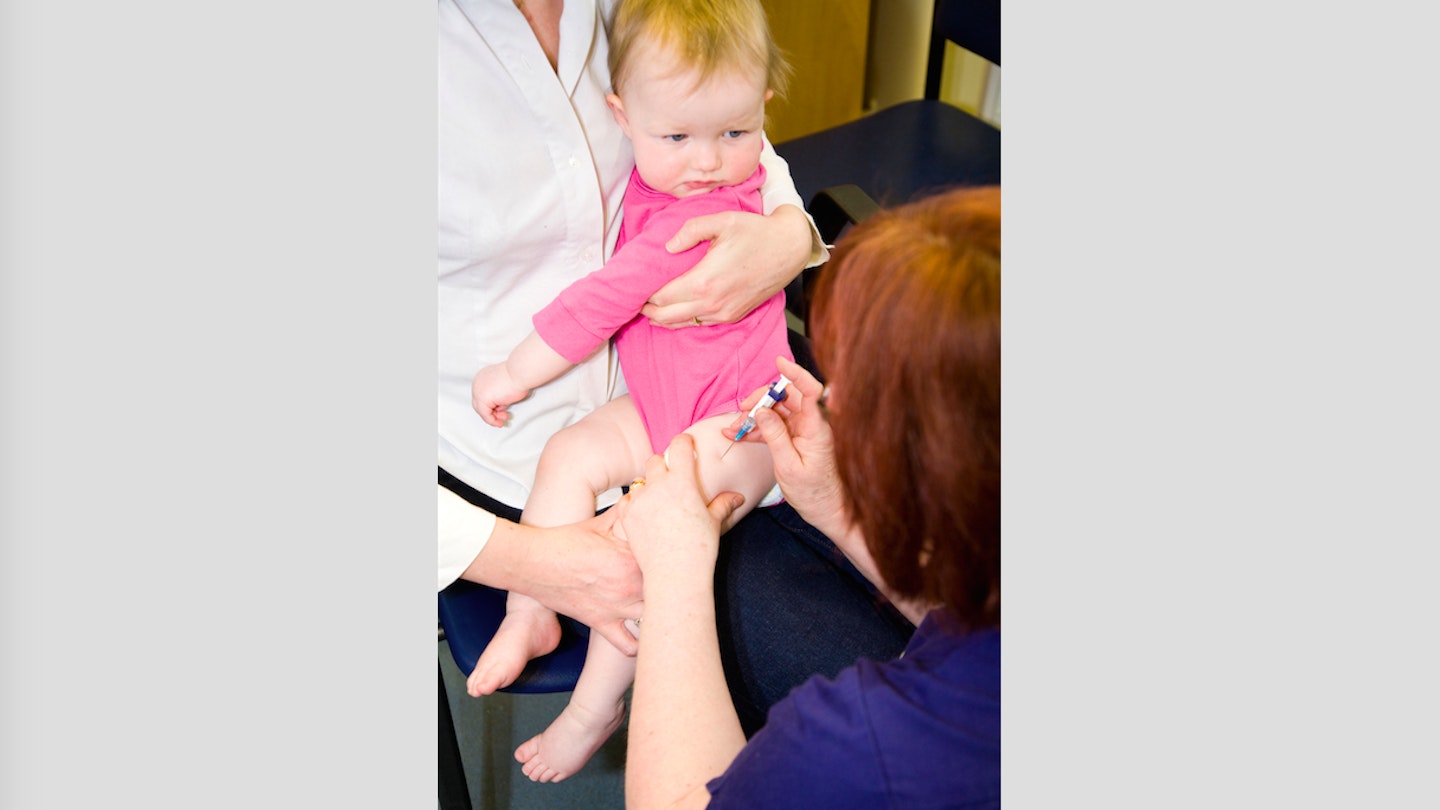Meningitis is a serious medical condition, with symptoms that can come on very quickly.
However there are vaccines which can help provide excellent protection against certain types of meningitis.
What vaccines are available?
-
MenB (Meningococcal B) vaccine
-
MenC (Meningococcal C) vaccine
-
Hib (Haemophilus Influenzae Type B) vaccine
-
Pneumococcal vaccine in the UK
-
Pneumococcal vaccine in Ireland
-
Travel & Hajj: ACWY quadrivalent vaccine
-
MMR (Measles, Mumps and Rubella) vaccine
What does the Meningitis C vaccine protect against?
There are different groups of meningococcal bacteria - and the Meningitis C vaccine helps protect against group C meningococcal bacteria.
The Meningitis Research Foundation explains: “Since introduction of the MenC vaccine to infants in 1999-2000, cases of MenC disease have been very low across the UK. The vaccine has prevented over 13,000 cases and 1,300 deaths.”
Currently in the UK, children receive the Meningitis C vaccine at 3 and 12-13 months of age (one dose at each visit, the second given as a combined Hib/MenC).
A routine booster dose is being given at around 14 years of age (school years 9 or 10 in England and Wales, 11 in Northern Ireland and S3 in Scotland) at the same time as the current teenage Td/IPV booster.
It is also recommended that all first year university students up to age 25, and those of any age who have never had a MenC vaccination, get immunised before they enrol on their course.
What does the Meningitis B vaccine protect against?
There are different groups of meningococcal bacteria - and the Meningitis C vaccine helps protect against group B meningococcal bacteria.
This disease is most commonly contracted by babies, particularly at the age of 5 months old.
A new MenB vaccine, called Bexsero®, is now being given free of charge to all babies in the UK at 2, 4 and 12 months of age.
What is the Meningitis B vaccine petition?
Older children are also at risk of Meningitis B - and there is currently not a free vaccination programme available.
This means that parents who want to have older children vaccinated must pay privately.
Following the shocking photographs of two-year-old Faye Burdett, who tragically died after contracting Meningitis B, more than 550,000 people have signed a petition calling for the NHS vaccination programme to be widened to all children.
"We campaign for change in her memory," said Faye's mother, Jenny.
Sue Davie, chief executive of Meningitis Now, said: "Although the introduction of the Men B vaccine on the childhood immunisation scheme for young babies was a momentous achievement, saving thousands of lives, there are still so many, like Faye, left unprotected.
"We continue to campaign to see the Men B vaccine rolled out, particularly to at-risk groups, to insure a future where no-one in the UK loses their life to meningitis."
Are children safe if they aren’t vaccinated?
The Meningitis Research Foundation explains: “Over the past ten years, the incidence of MenB disease has been steadily declining and at the moment cases of disease are lower than they have been for decades.
“Current incidence of disease amongst the under 1s is around 22 per 100,000, reducing to 5 per 100,000 in the 1-4 age groups. The incidence of disease amongst older age groups is substantially less.
“Although the risk is generally low, anyone of any age can get meningitis and vaccines cannot prevent all forms, so it is important to be aware of the signs and symptoms and seek urgent medical attention if you are worried about someone who is ill.”
